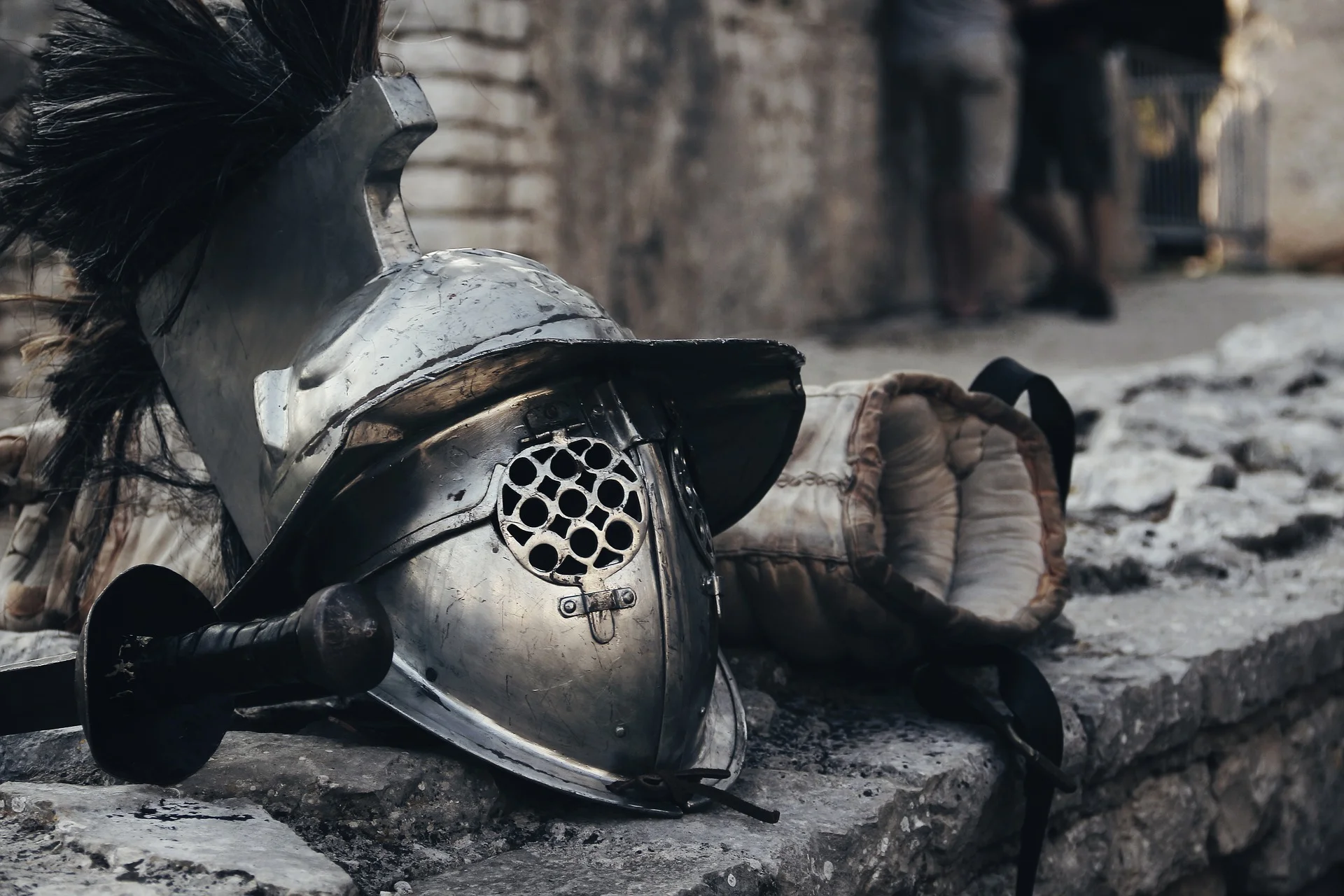Decoding Beta Reader Comments on Protagonists
In this post we break down four major reader reactions to your protagonist, what they mean, and what to do about them in a revision. At The Spun Yarn, feedback is what we do. After more than a hundred full manuscript critiques from diverse readers, we have some experience decoding comments for what they mean for your next revision.
Here's one of the most common reader comments about a protagonist that isn't quite working yet.
"I'm not always sure why the Protagonist does what he does. I didn't know him as well as I thought I should."
The first thing to ascertain is whether your reader thinks your protagonist is inconsistent, i.e., whether he/she demonstrates conflicting values or behavior without evidence of transformation. If the reader points out behaviors you didn't realize were inconsistent, you may need to spend more time inside your protagonist's head to make sure she's a complex but understandable, full character. If you haven't already interviewed your protagonist, make sure you know how they'd answer these interview questions.
If a reader doesn't list specific inconsistent behaviors or thoughts, you may have a fully realized character that isn't quite translating to the page. In this case, examine whether your character should have more introspection, whether the character reacts predictably when facing certain situations, and whether your character's beliefs and world perspective are demonstrable in their spoken and internal dialogue. The problem might not be the character, but *showing* the character.
Here's another tough one.
"I thought your Protagonist was a jerk."
It looks like you wrote a villain, or an anti-hero! If you didn't mean to do this, some revisions are in order.
An anti-hero is just a protagonist who doesn't exhibit typical heroic traits like selflessness and optimism. Basically, every Humphrey Bogart type noir protagonist. Anti-heroes usually win readers over in the end through their growth and other redeeming qualities, so if your reader is still hating your protagonist at the end, you need to find out:
Do other readers feel the same way? If other readers liked your main character, one reader's negative reaction may just be a personality difference. A lot of us hate Holden Caulfield, but The Catcher in the Rye is still in the cannon.
If this is your only reader, we really recommend getting more readers so you can tell when it's just one person's opinion, and when it's a flaw in your WIP.
If you're writing a villain protgagonist, chances are that the narrative momentum comes from the reader's eagerness to see the villain thwarted. Consider Lauren Beukes' The Shining Girls. Here, you need to find out: so my readers hated the villain which is good, but did they still read eagerly?
If it's a total surprise to you that a reader dislikes your main character, readers may not be getting enough access to the character's internal landscape, vulnerabilities, and positive balancing traits. Here are some common unlikeable traits that can be transformed throughout a novel.
--Passive. The protagonist does little to take control of his or her own fate. Readers may also call them weak, or whiney. A character who starts out this way should end up gaining strength, and impacting the plot in important ways rather than always going with the flow.
--Selfish. Another highly unlikeable trait, perhaps because we're each already as selfish as we can handle, so we want to escape into worlds populated by characters who are better people than we are. A character who starts out selfish should end up sacrificing something important.
--Morose. Inwardly focused characters can be great, but too much introspection in the prose slows the pace, thereby annoying the reader. They're going to take that annoyance out on the source of their boredom, which is your protagonist. Sharpen it up, and balance introspection with plot events.
Above all, make sure your intentions with the character are clear, that you know his or her arc, and then find out from your readers what's translating and what needs to be amped up or toned down.
If any of your readers said this about your main character, you've really pulled your protagonist off well:
"I didn't like the Protagonist at first, but by the end of the book I was rooting for them."
This is one of the hardest effects to pull off: your main character has shown realistic growth throughout the book. There's nothing more compelling than an unlikeable character that readers end up liking in spite of themselves. You started by giving your character a meaty personality obstacle, you let glimmers of potential shine through, and you developed these organically throughout the book. Your main character has a full, satisfying arc. Well done!
"I really liked the Protagonist, and wanted them to succeed throughout."
Congratulations! Depending on your genre, your main character may either be unlikeable at first, or likable from the very beginning. In Young Adult, Action / Thriller, Mystery, Horror and other plot-driven genres, a consistently likable protagonist can be an excellent guide to your reader. Protagonists should still change throughout the course of the book, but these changes may be driven by the plot, rather than the other way around, which happens often in literary fiction.
Even in plot-driven genres, if your character is likable and relatable at the very beginning, your job will be to increase readers' investment in that character as your story progresses, usually by putting them in tense, tough situations. In every story, a character must grow and show a complete arc, so if your character is always likable, make sure you know how that character is changing. No likes a flat hero.
See more of our Decoding series on Pacing here and Secondary Characters here.
Happy writing!
The Spun Yarn Team


